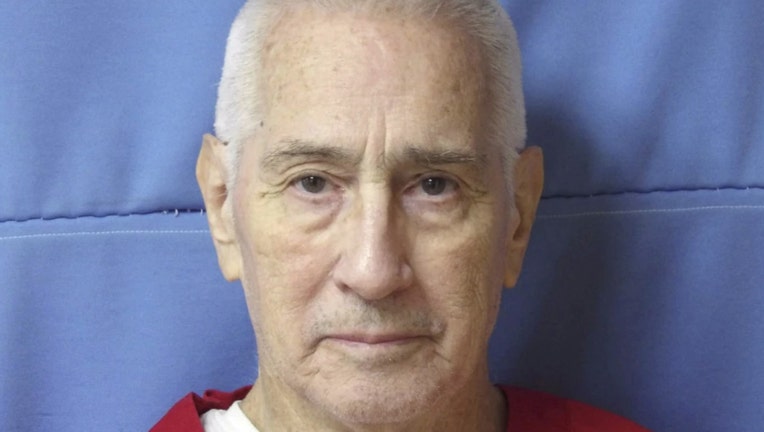Mississippi executes state's longest-serving death row inmate: What we know

Richard Gerald Jordan (Photo courtesy of the Mississippi Department of Corrections)
Mississippi’s longest-serving death row inmate was executed on Wednesday, almost 50 years after he kidnapped and killed a bank loan officer’s wife in a ransom scheme.
The Associated Press reported that Richard Gerald Jordan is scheduled to receive a lethal injection at the Mississippi State Penitentiary, and he is one of several people on Mississippi's death row suing the state over its three-drug execution policy, which they assert is inhumane.
RELATED: A look at where things stand with US executions in 2025
Jordan was the third person executed in Mississippi in the last 10 years; the state’s most recent execution was in December 2022.
Who is Richard Gerald Jordan?
The backstory:
Jordan was a 79-year-old Vietnam veteran who suffered from post-traumatic stress disorder. Jordan was sentenced to death in 1976 for killing and kidnapping Edwina Marter, a mother of two young children, earlier that year. Jordan is one of 22 people nationwide sentenced for crimes in the 1970s who are still on death row, the Associated Press reported, citing the Death Penalty Information Center.
RELATED: South Carolina executes Mikal Mahdi by firing squad
Mississippi Supreme Court records obtained by the Associated Press showed that in January 1976, Jordan called a local bank and asked to speak with a loan officer. After he was told Charles Marter could speak to him, he hung up. Jordan then looked up the Marters’ home address in a telephone book and kidnapped Edwina Marter.
Citing court records, the AP reported that Jordan took Edwina Marter to a forest and fatally shot her before contacting her husband, saying she was safe and demanding $25,000.
Supreme Court denies Jordan’s appeal
Dig deeper:
Jordan’s execution ended his decades-long court process that included four trials and multiple appeals. On Monday, the U.S. Supreme Court rejected a petition that claimed he was denied due process rights.
A recent petition asking Mississippi Gov. Tate Reeves for clemency argued that Jordan developed PTSD after serving three back-to-back tours in the Vietnam War, which could have been a factor in his crime. Reeves denied the request.
Krissy Nobile, the director of Mississippi’s Office of Capital Post-Conviction Counsel, who represents Jordan, told the Associated Press that Jordan wasn’t provided a mental health professional to help his defense in the case. Nobile explained that this would have given the jury the chance to hear about his experiences in Vietnam.
The Source: Information for this story was provided by the Associated Press, which cites court documents about Richard Jordan’s case and received comments from his attorney. This story was reported from Washington, D.C.

